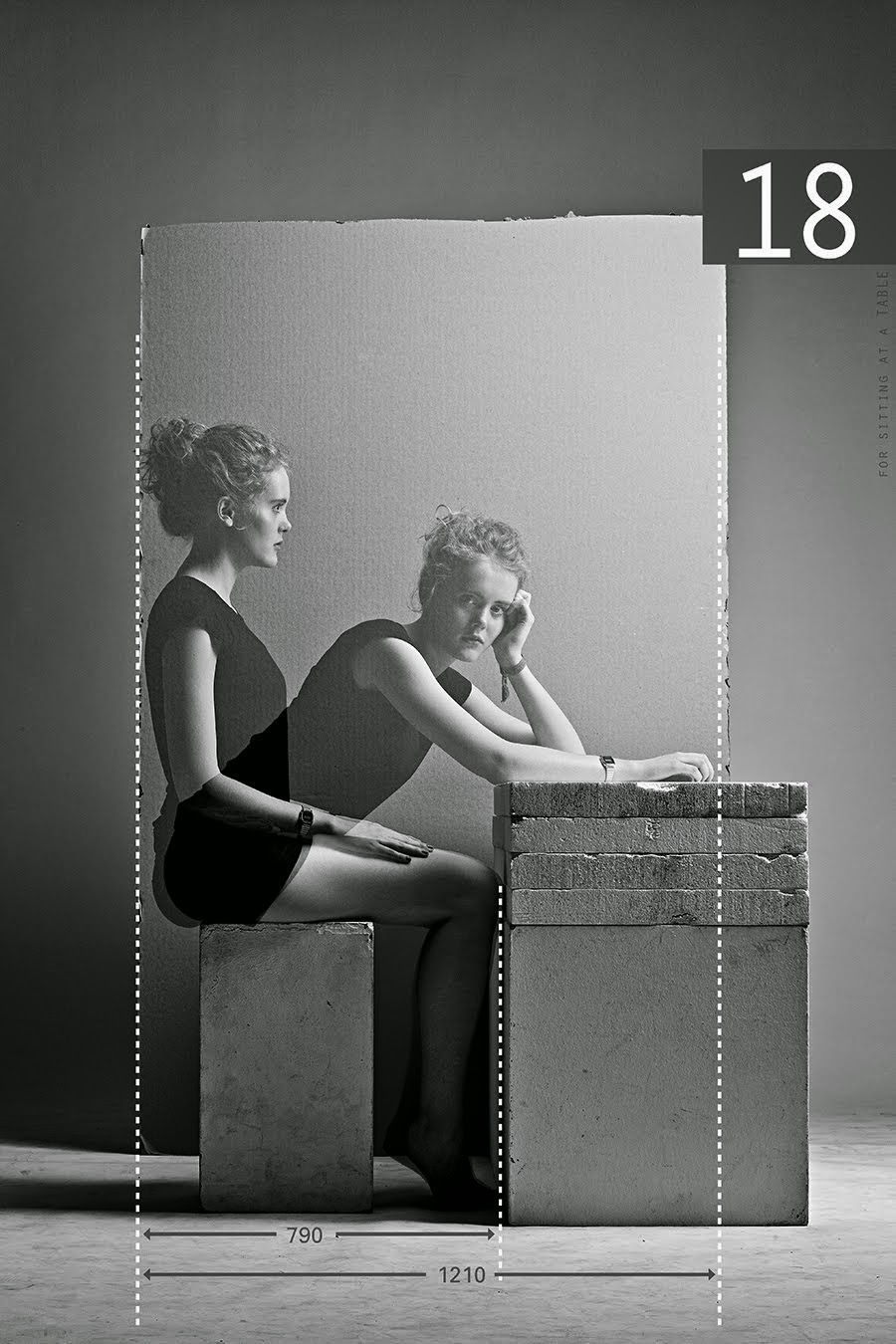▒⡷▒⡷░𝐂░𝐎░𝐍░𝐓░𝐄░𝐌░𝐏░𝐎░𝐑░𝐀░𝐑░𝐘░ ░𝐀░𝐑░𝐓░ ░𝐅░𝐎░𝐑░ ░𝐘░𝐎░𝐔░𝐑░ ░𝐃░𝐀░𝐈░𝐋░𝐘░ ░𝐈░𝐍░𝐒░𝐏░𝐈░𝐑░𝐀░𝐓░𝐈░𝐎░𝐍░⢾▒⢾▒
giovedì 18 settembre 2014
SHORT FILM :: Éclat du jour - Daybreak
In a wealthy Montreal suburb, Xavier and his friends are composing with pre-teen boredom. They hang out at the park, ride their bikes, mess with each other; it's yet another suburban summer afternoon. But beneath the smiles lies a growing tension, an certain violence which leads the group to a collective release of unexpected intensity; a ritualistic initiation into adolescence.
Directed by Ian Lagarde
mercoledì 17 settembre 2014
The Universe
- This short provides a philosophical investigation on the experiences of life, what it means to be - to interact with reality, and why reflection and experiencing are mutually exclusive. Filmed in many different iconic locations across the United States, namely Moab, Yosemite, Big Sur, Colorado, and the Sierra Nevadas, the film explores different natural experiences and couples them with reflections on human existence, the validity of the experiences within reality, and the foundational role that perception plays in understanding the world as well as engaging with the world. The film also portrays and investigates inner conflicts with major ideas concerning human existence such as mortality, care, anxiety, temporality, and historicity. The film's investigation originates from the Lockean self: the idea that a "being" is a self-aware and self-reflective consciousness that is fixed in a body. Merleau-Ponty emphasized the body as the primary site of knowing the world, a corrective to the long philosophical tradition of placing consciousness as the source of knowledge, and maintained that the body and that which it perceived could not be disentangled from each other. Setting aside John Locke's propositions on Ausgustinian original sin and the Cartesian position of man's innate knowledge of logical propositions, the film further employs Locke's posited tabula rasa, which is an "empty" mind that is shaped by experience. Locke continues to surmise that sensation and reflection are the two sources of all our ideas as humans. Edmund Husserl developed some key conceptual elaborations which led him to assert that in order to study the structure of consciousness, one would have to distinguish between the act of consciousness and the phenomena at which it is directed. Thus creating Phenomenology, or the study of the structure of an experience, Husserl further developed an ancient Grecian idea, epoche, or "suspension" that refers to a theoretical moment where all judgments about the existence of the external world, and the actions therein, is suspended. The film builds off of two ideas to explore major modern phenomenologist claims: the true nature of being is withdrawal, and that experience and reflection are the source of human existence.- Written by Ian Watt
A young man takes his first leap into what it means to wonder and philosophize, as he imaginatively renders his unique thought experiences in visual form. The film examines what it means to truly be; not only to merely exist, but to engage, reflect, and respond to the world around us.
(In order to fully experience the film, I highly recommend reading the preface above)
martedì 16 settembre 2014
SHORT FILM :: Somebody
Have you ever found it impossible to say something, face to face, to someone you know, someone you love? The words just won't come out? New messaging service, SOMEBODY, could help.
Iscriviti a:
Commenti (Atom)









































